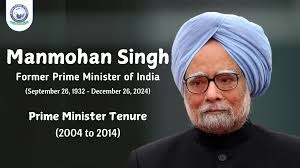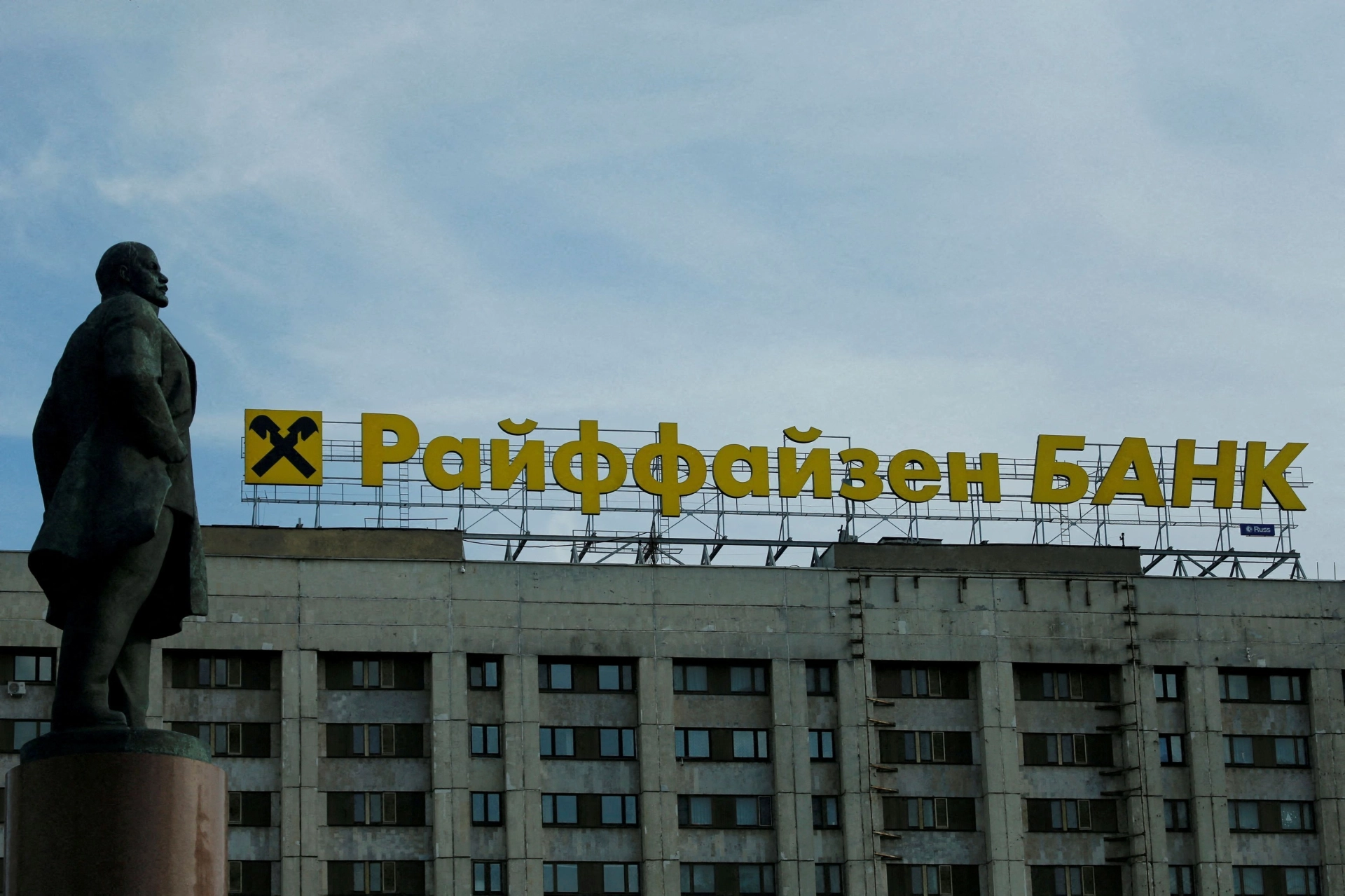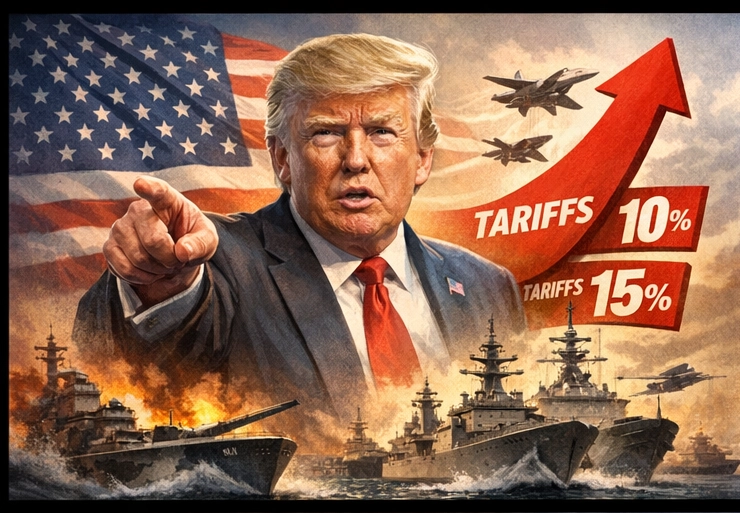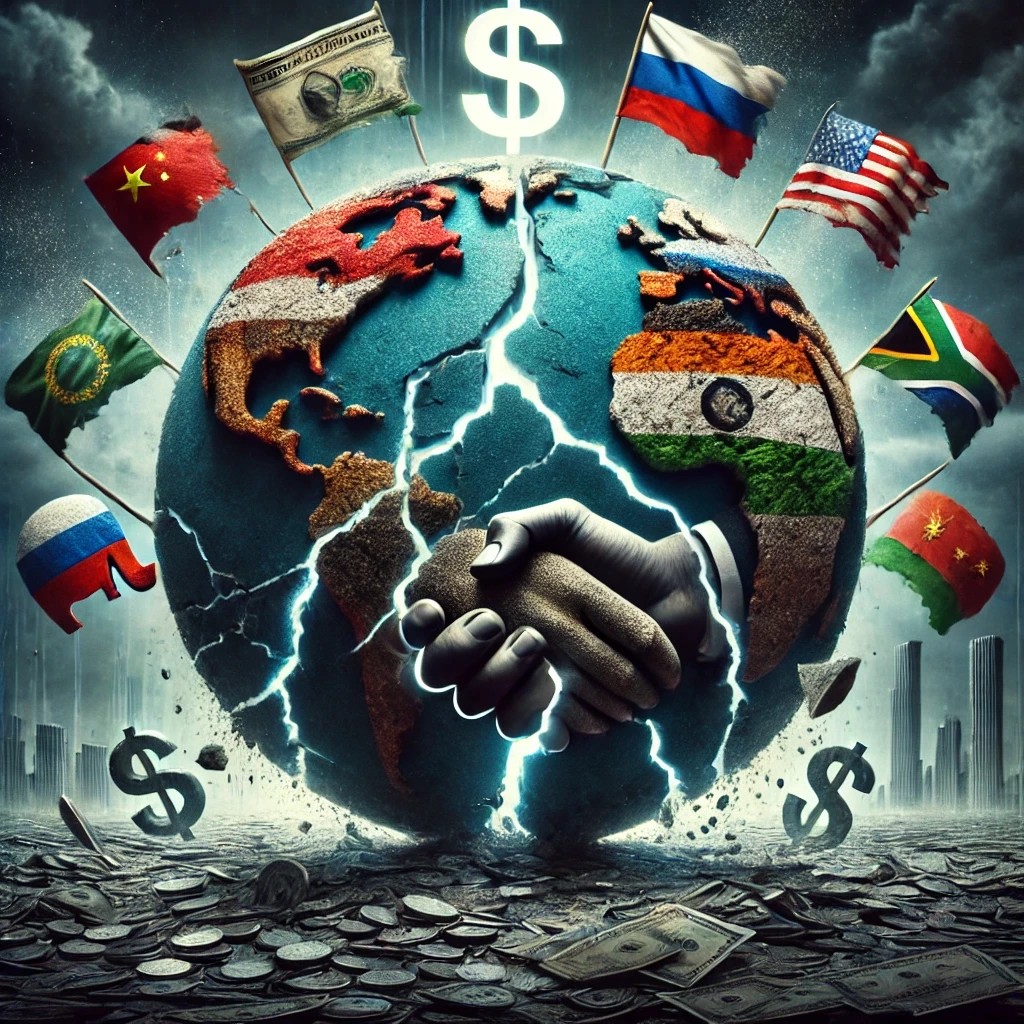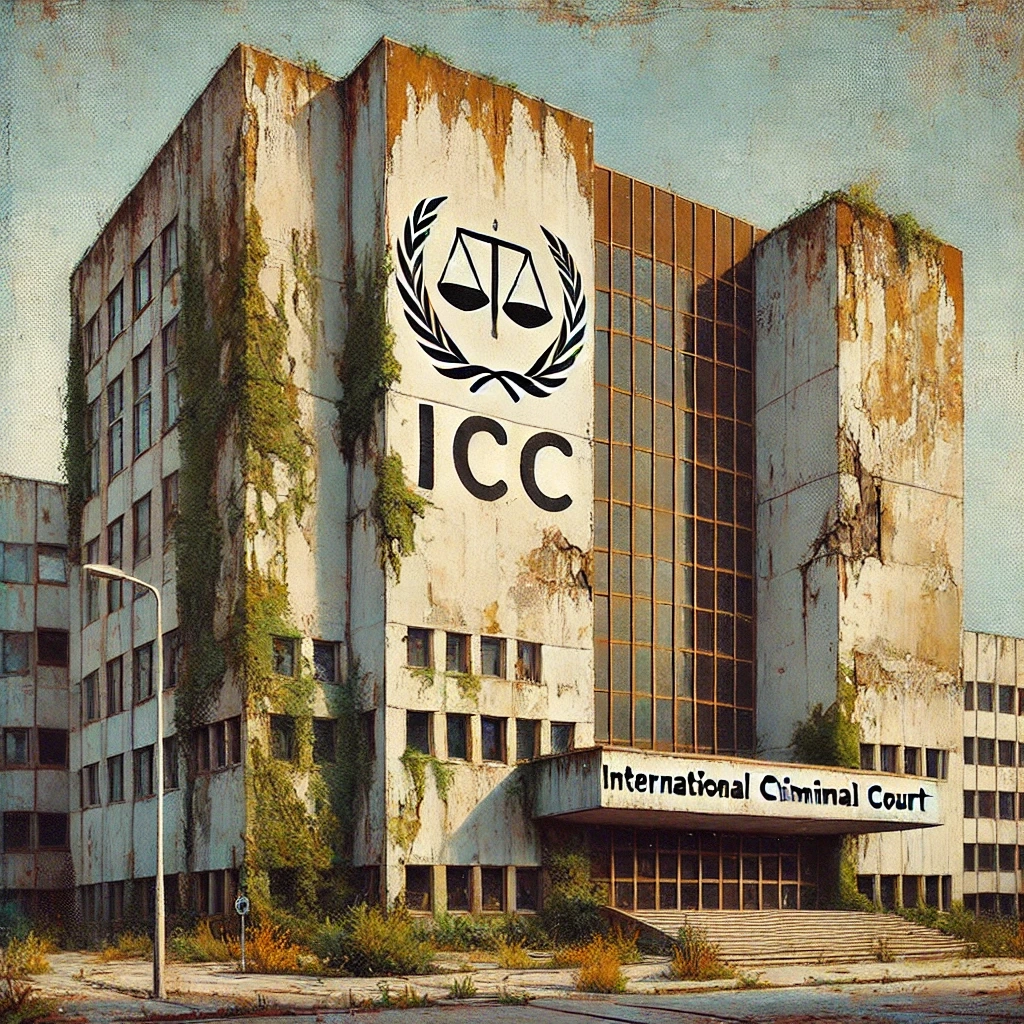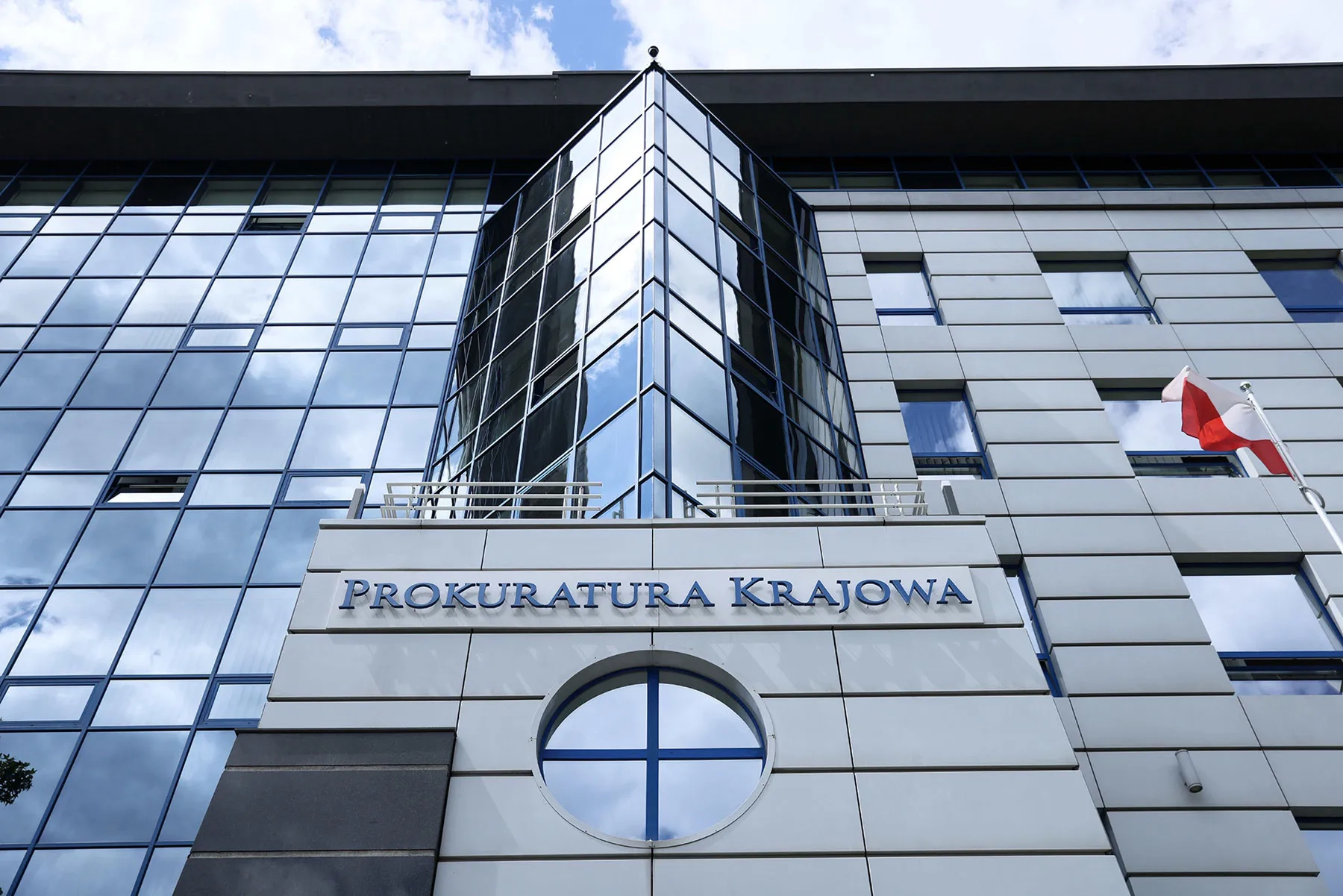The ongoing conflict between Russia and Ukraine, which has escalated into a prolonged war, presents the West with a critical strategic dilemma. Is this conflict merely a regional issue confined to the post-Soviet space, or does it signify a prelude to a broader, more dangerous confrontation that could engulf Europe and the entire Western world? The answer to this question will not only shape the policies surrounding support for Ukraine but also determine the trajectory of European and global security.
War as an Existential Threat
In the initial stages of the war, the West viewed Russia’s aggression as a direct threat to the principles of Western civilization. The rapid accession of Sweden and Finland to NATO was not just a response to events in Ukraine but a significant shift in the balance of power on NATO’s northern flank. For decades considered a vulnerable region, the Baltic Sea area has been strategically fortified. This move sent a clear signal: Western nations are prepared to stand united against potential aggression.
Advocates for decisive action, such as former UK Prime Minister Boris Johnson, pushed for a stronger stance: increasing arms shipments to Ukraine, establishing clear "red lines" for Russia, and accelerating Ukraine’s NATO membership. They argued that appeasing an aggressor would only embolden them and that Western resolve was essential to deterrence.
Fears that NATO might fail to defend Baltic states in the event of a Russian attack have largely subsided. Finland and Sweden’s decision to abandon neutrality was seen as a demonstration of the West’s solidarity in the face of military threats. As a result, the conflict in Ukraine came to be viewed not as an isolated event but as a broader challenge to Western unity and security.
Changing Perceptions of the War
As the war dragged on, however, events such as Yevgeny Prigozhin’s rebellion—revealing internal vulnerabilities within the Kremlin—led to a shift in the West’s perception of the threat posed by Russia. Increasingly, the conflict is viewed not as an existential threat to Europe but as a regional war that does not endanger global security on a fundamental level.
Evolving Priorities
Many policymakers now argue that Russia’s military strength has been significantly overestimated and has since deteriorated further. Russia has depleted much of its offensive power, including armored divisions, air capabilities, and manpower, while facing considerable difficulties in replenishing them. Economic sanctions imposed by the West, including measures targeting third-party countries cooperating with Russia, have compounded these challenges.
This reevaluation has weakened the unity seen among Western nations in 2022–2023. While Europe and the United States initially acted in unison, diverging priorities have begun to emerge. Some countries are now reassessing their commitment to Ukraine, seeking to reduce support costs and redirect resources toward domestic issues. This loss of cohesion and focus has become the defining feature of Western foreign policy in 2024.
The shift is not due to growing sympathy for Russia but rather confidence that Russia no longer poses a serious military threat to NATO. NATO retains overwhelming superiority in terms of troop numbers and logistical resources. Russia’s decision to redeploy 80% of its northern-border forces to Ukraine has weakened its ability to launch a "main offensive" elsewhere. Meanwhile, the Russian navy, long considered a threat in the Baltic region, has diminished in significance following the Black Sea Fleet’s lackluster performance in the war.
Declining Support for Ukraine
Amid these changes, Western support for Ukraine is gradually waning. One reason is the belief that Russia lacks the capacity to challenge NATO militarily. Instead, Moscow’s actions are seen as being limited to the "gray zone"—cyberattacks, sabotage, and disinformation—which are not perceived as existential threats to Western security.
The United States, as the leading economic and military power of the West, is also recalibrating its priorities. Washington increasingly views the Ukraine war as a regional conflict that diverts resources from countering China, considered the primary economic and military threat to American leadership in the near term.
Strategic Dilemma
The West now faces a complex dilemma. On one hand, there is a strong desire to maintain economic pressure on Russia and continue supporting Ukraine. On the other, there is growing pressure to minimize the risks of escalation, potentially seeking an end to the war "at any cost" or allowing it to devolve into a long, grinding conflict akin to the Iran-Iraq War, exhausting both sides. In the meantime, the West could focus on rebuilding its economies and addressing strategic challenges such as China’s rapid rise, while waiting for a natural change in leadership within the Kremlin.
